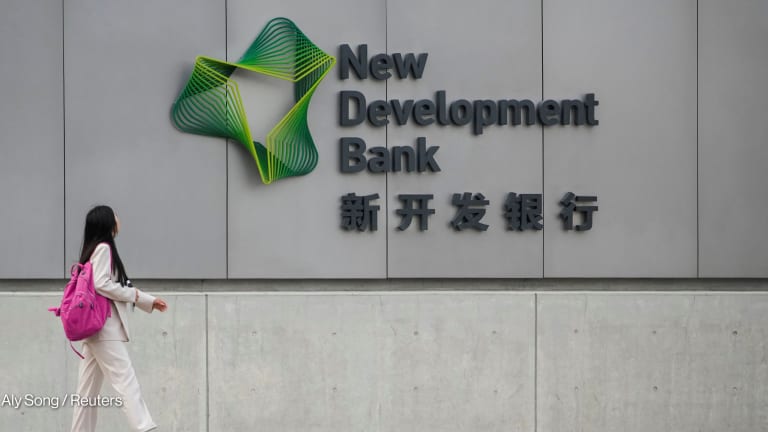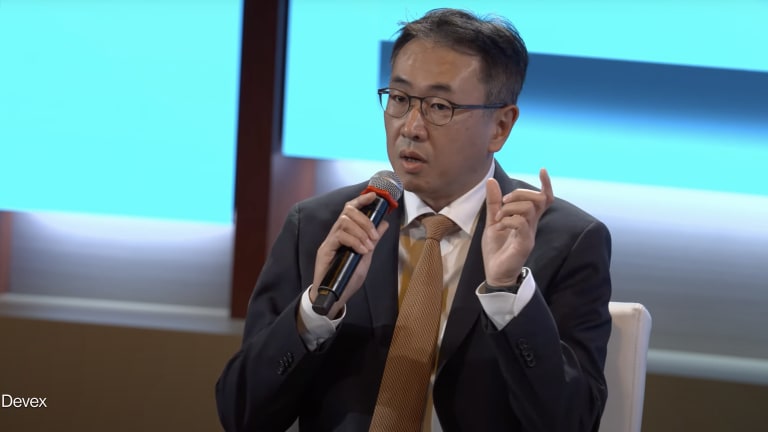The so-called BRICS — a loose economic association of middle-income countries Brazil, Russia, India, China and South Africa — have now put on paper their agreement to establish a new multilateral development bank, which some observers contend could sap influence from the Western-led World Bank Group of international financial institutions.
The BRICS bank — or “New Development Bank” — will begin with a startup capital of $50 billion, drawn equally from contributions by its founding members. The bank is expected to expand to a total capital pool of $200 billion “for infrastructure and sustainable development projects in BRICS and other emerging economies and developing countries,” according to the charter agreement signed by each nation’s head of state Wednesday in Fortaleza, Brazil.
The new bank is seen by many as a sign of waning Western influence in development finance, and as a reaction by middle-income countries against a history of structural adjustment requirements, reform conditions and other controversial terms that have accompanied infrastructure and debt relief packages from the world’s largest international financial institutions.
Search for articles
Most Read
- 1
- 2
- 3
- 4
- 5








